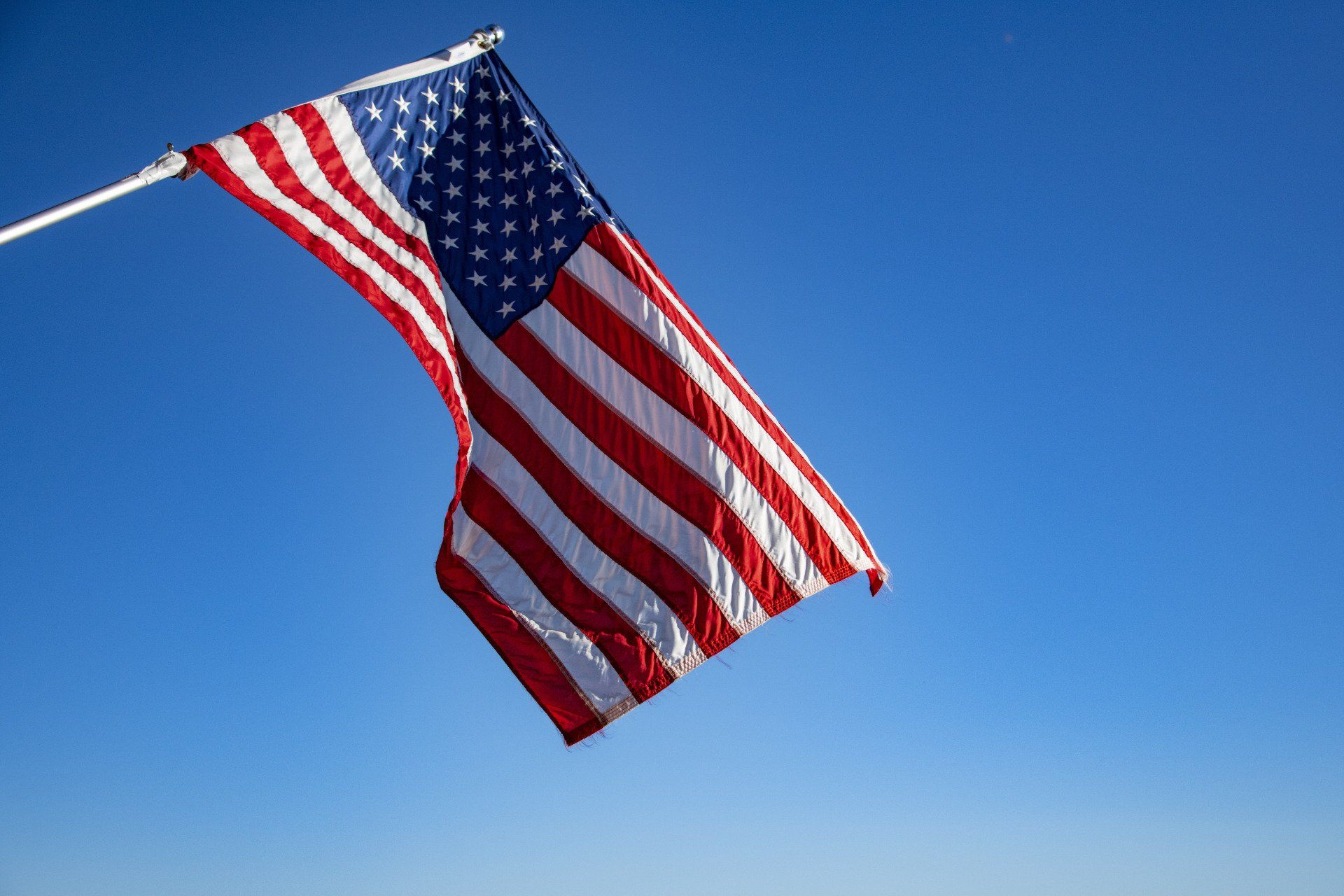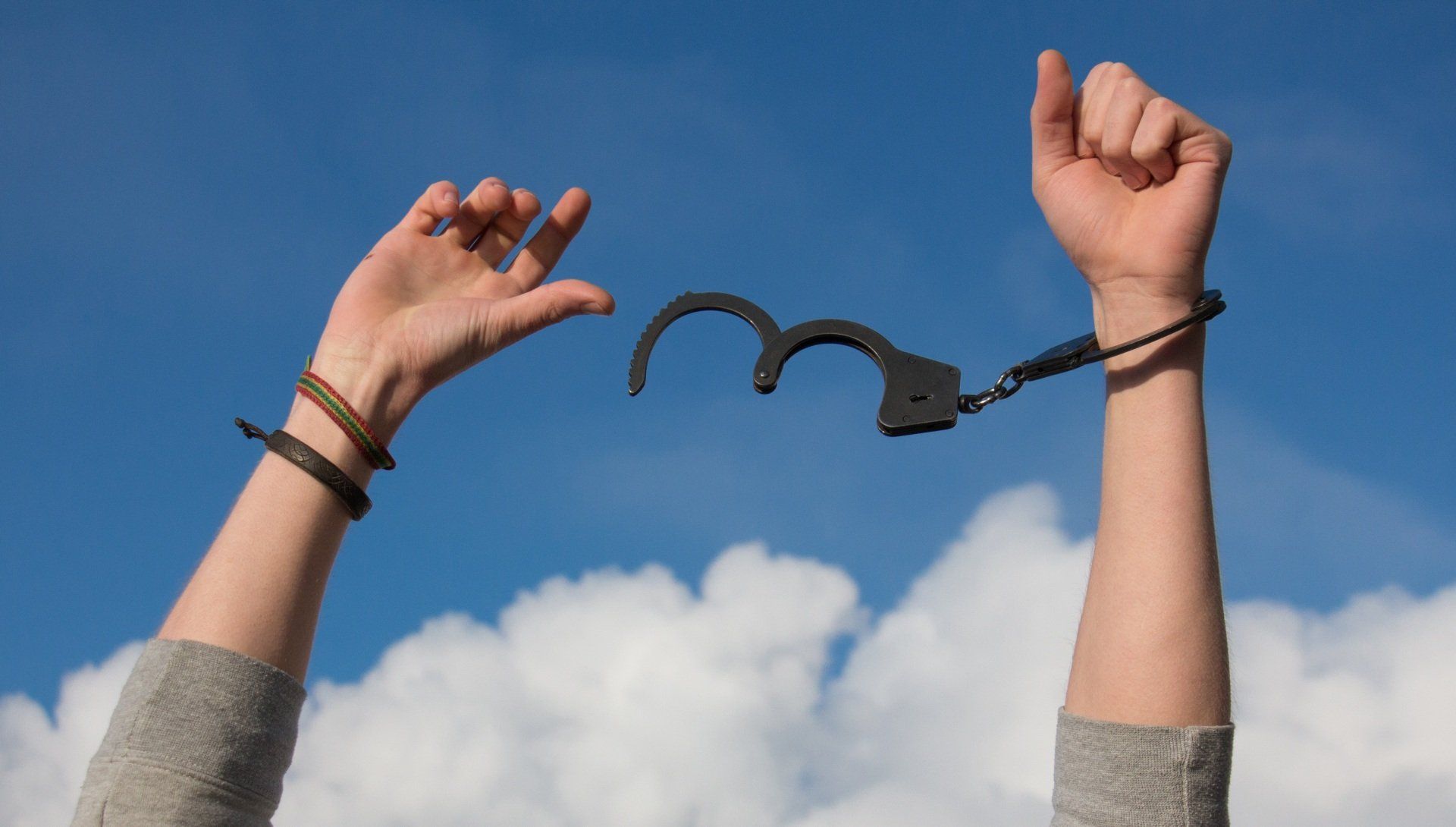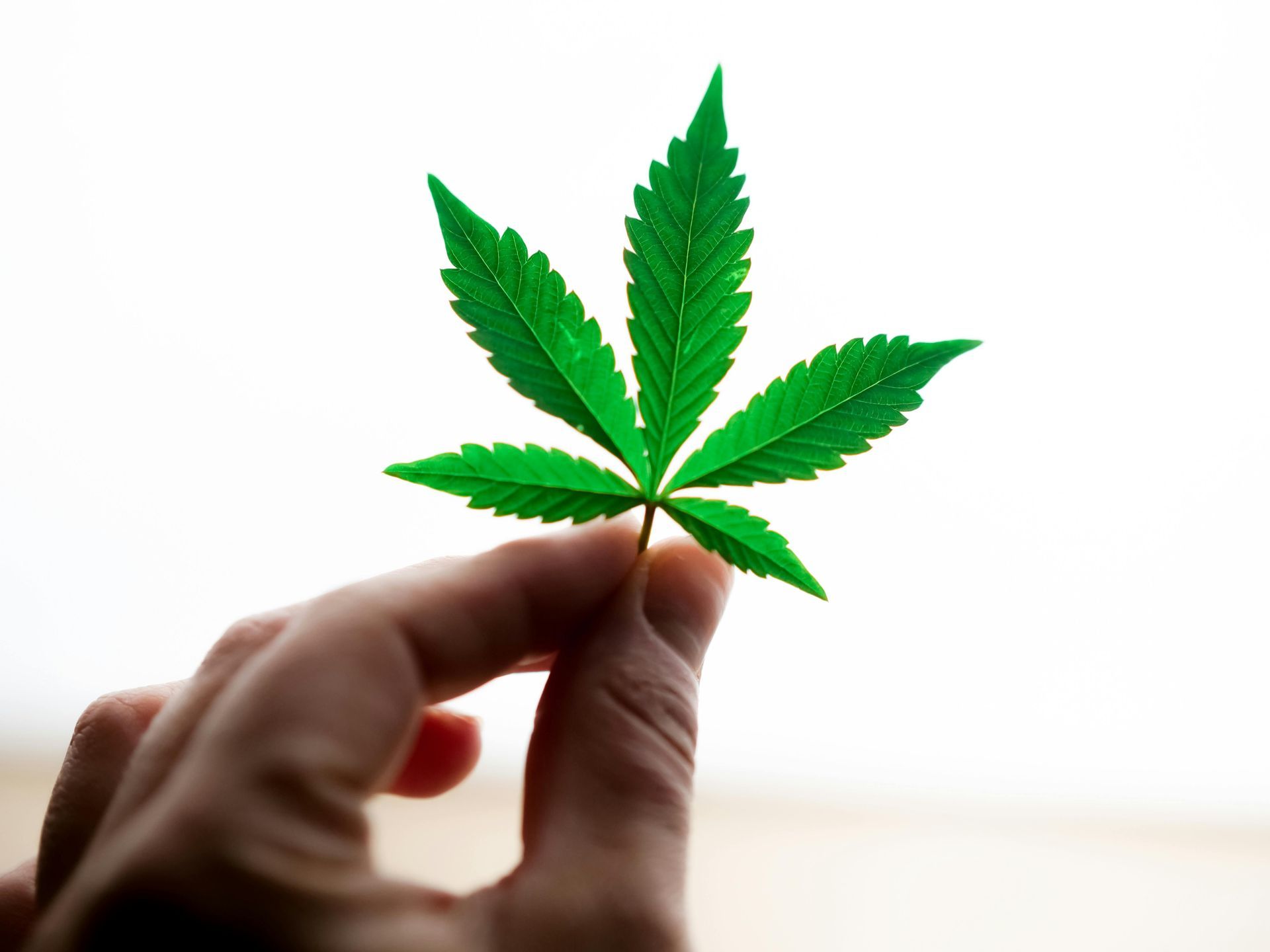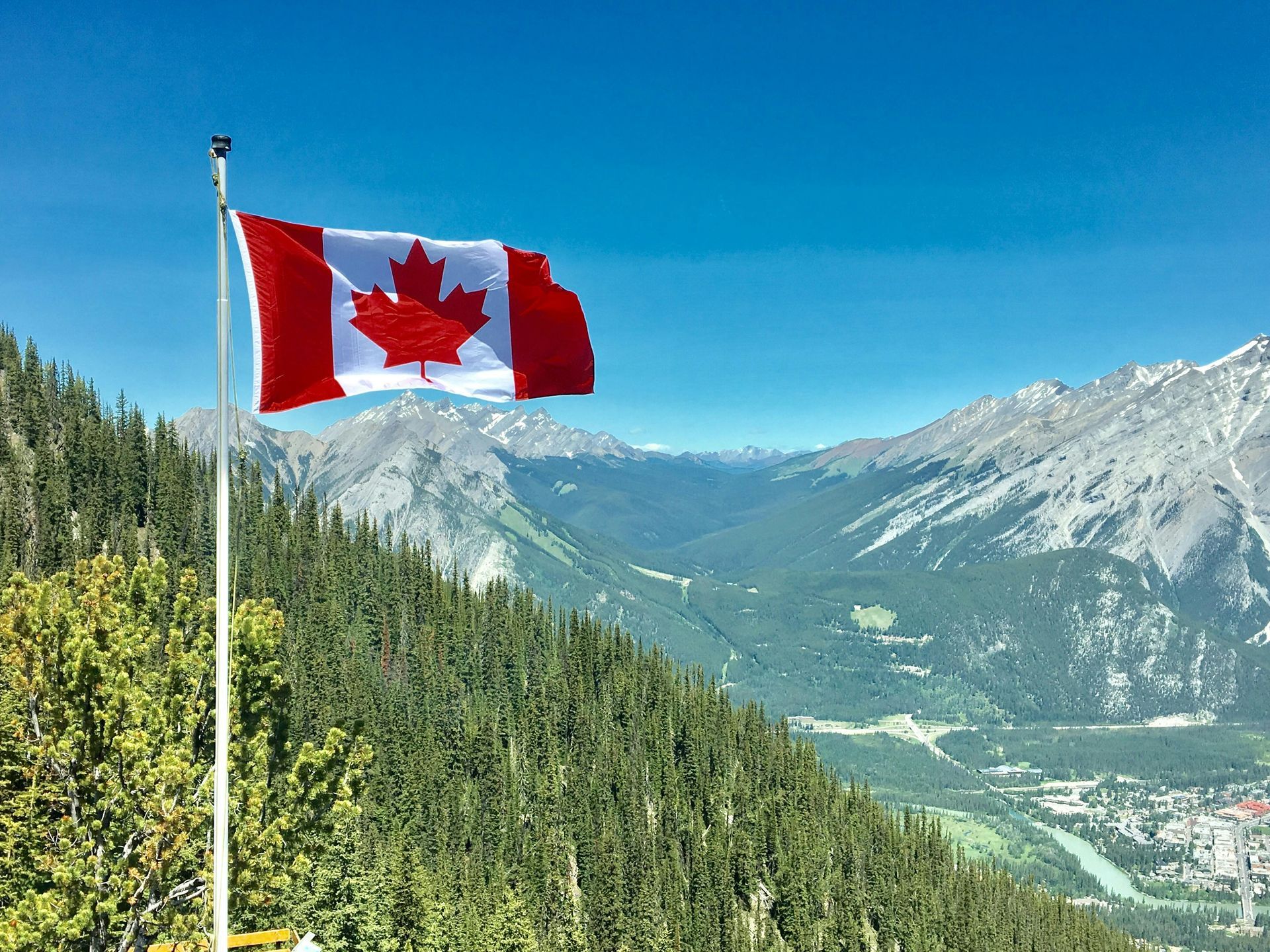Top Reasons Canadians Get Turned Away at the U.S. Border

Introduction
Every year, thousands of Canadians travel to the United States for business, leisure, or family visits. While most cross the border without issue, some are unexpectedly denied entry by U.S. Customs and Border Protection (CBP). Being turned away at the border can be frustrating, embarrassing, and can seriously disrupt travel plans.
Understanding the most common reasons why Canadians are refused entry can help travelers avoid unnecessary complications. In this guide, we outline the top reasons Canadians get turned away at the U.S. border and what steps you can take to prevent it from happening to you.
1. Criminal Record
One of the most common reasons Canadians are denied entry to the U.S. is having a criminal record. Even minor offences from decades ago can be grounds for inadmissibility.
Crimes That Can Lead to Denial:
- Crimes involving moral turpitude (CIMT) – Theft, fraud, assault, and other offences that imply dishonesty or intent to harm.
- Drug-related convictions – Even a simple possession charge, including marijuana, can result in a travel ban.
- Multiple convictions – If an individual has two or more convictions with a combined sentence of five years or more.
- Serious offences – Crimes such as human trafficking, prostitution, or violent offences will result in automatic inadmissibility.
Solution: Canadians with a criminal record can apply for a U.S. Entry Waiver, which allows legal entry despite past convictions.
2. Immigration Violations or Overstays
If you have previously overstayed a U.S. visa, violated immigration laws, or worked in the U.S. without authorization, CBP may deny your entry.
Common Immigration Issues:
Staying beyond the allowed period on a previous visit (even by a few days).
Being previously deported or removed from the U.S.
Attempting to enter on a tourist visa while intending to work.
Solution: If you have an overstay or immigration violation on record, you may need a waiver or legal advice before attempting to travel.
3. Insufficient Travel Documentation
U.S. border officials require proper documentation for entry. Incorrect or missing documents can lead to being turned away.
Key Documents You May Need:
- Valid passport (expired passports are not accepted).
- Proper visa if required for your purpose of travel (e.g., work, study, or long-term stay).
- Proof of ties to Canada (employment letter, proof of residence, or return ticket).
Solution: Ensure all documents are valid, up to date, and appropriate for your travel purpose.
4. Suspicion of Unauthorized Work in the U.S.
CBP officers are trained to detect travelers who may intend to work in the U.S. illegally. Even without formal employment, engaging in freelance work or prolonged business visits without proper authorization can lead to denial.
Warning Signs for CBP:
- Carrying resumes, business proposals, or tools for work.
- Visiting too frequently for extended periods without a clear reason.
- Lacking proof of a job or residence in Canada.
Solution: If traveling for work, obtain the appropriate work visa. If visiting as a tourist, be prepared to demonstrate strong ties to Canada.
5. Security Concerns or Previous Border Issues
- Individuals flagged for security risks, suspected fraud, or past issues with border officers may be denied entry. This includes individuals with:
- Past refusals or border detentions.
- False information or forged documents.
- Affiliation with criminal organizations.
Solution: If you have a history of border issues, consult a legal professional before attempting to cross again.
6. Health-Related Reasons
- Certain health issues can result in inadmissibility, including:
- Communicable diseases (such as tuberculosis).
- Mental health conditions that could pose a threat.
- Substance abuse history.
Solution: Travelers with past health concerns may need a doctor’s note or legal guidance on potential waivers.
7. Lack of Proof of Sufficient Funds
If you cannot demonstrate that you have enough financial means to support yourself during your stay, you may be denied entry.
Red Flags for CBP:
- No credit cards or bank statements.
- Lack of a pre-booked return ticket.
- No clear travel itinerary or accommodations.
Solution: Carry a credit card, bank statement, or proof of accommodation to show financial stability.
8. Marijuana-Related Issues
Although cannabis is legal in Canada, it remains illegal under U.S. federal law. Canadians have been turned away for:
- Admitting to past cannabis use.
- Being involved in the cannabis industry (dispensary owners, investors, employees).
Solution: Avoid discussing cannabis use at the border, and never carry marijuana across the border—even if purchased legally.
How to Prevent Being Turned Away
To avoid denied entry, follow these key steps:
- Check your admissibility status before travel.
- Ensure all documents are valid and up to date.
- Be honest but cautious in answering CBP officer questions.
- Avoid carrying work-related materials unless you have a work visa.
- If you have past issues, consult a legal expert about applying for a U.S. Entry Waiver.
Conclusion
Being denied entry at the U.S. border can be stressful, but many refusals can be prevented with proper preparation. If you have a criminal record, past border violations, or other concerns, applying for a U.S. Entry Waiver may be necessary to ensure hassle-free travel.
If you need assistance with a U.S. Entry Waiver or legal guidance, contact our team today to help secure your ability to travel to the U.S. without issues!




